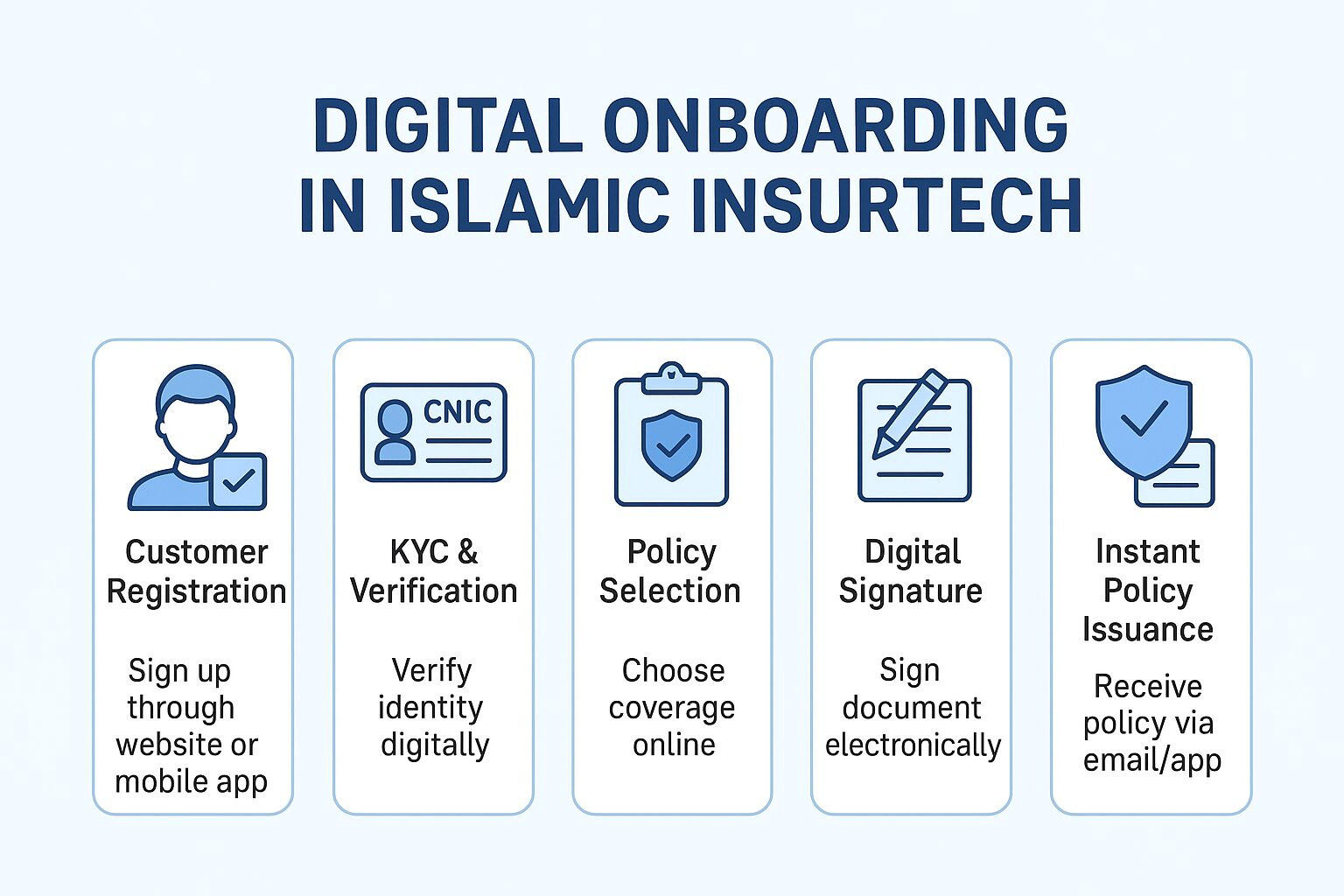Takaful by Salam Takaful Expert: Insights and Industry Progress
Farooq Mustafa, a Salam Takaful expert with over 20 years of experience in the takaful and insurance industry, shared key insights during an interview. He emphasized that Islamic ideology fundamentally differs from conventional insurance. While insurance is a business, takaful operates on principles free from riba (interest), uncertainty, and gambling, which align with Islamic trading rules. These guidelines form the foundation of takaful by Salam Takaful expert, showcasing its adherence to ethical financial practices.
Key Differences Between Takaful and Conventional Insurance
Takaful, meaning “guarantee to someone,” predates the insurance sector. Its core philosophy revolves around mutual guarantees and welfare rather than pure profitability. This concept, emphasized by Salam Takaful experts, distinguishes it from conventional insurance. Historically, Islamic trade adhered to ethical principles before the rise of modern financial practices, which often deviated from these ideals. Conventional insurance incorporates elements of riba, uncertainty, and gambling, making it incompatible with Islamic values.
Farooq Mustafa highlighted that takaful is a viable alternative for people seeking ethical financial solutions. Non-Muslims can also benefit from takaful; for instance, the United Kingdom has achieved a 24% penetration rate. Globally, takaful has a 3% penetration rate, with countries like Malaysia showing 80% adoption due to a predominantly Muslim population. Non-Muslims are drawn to takaful’s asset-backed approach, which offers stability compared to the asset-deficient conventional financial sector. This resilience was evident during financial crises, further demonstrating the benefits of takaful.
Investments and Profit Distribution
Takaful, as explained by Salam Takaful experts, invests in halal businesses, sukuk, the stock exchange, and real estate. It prioritizes mutual welfare over profitability. Unlike insurance, which focuses solely on financial returns, takaful ensures investments are free from riba, uncertainty, and gambling.
Takaful policies are competitively priced and follow market rates. While smaller-scale operations may result in slightly higher product prices, competition ensures both sectors remain aligned. Takaful pools share profits or surpluses based on participants’ investment ratios. Despite some challenges in family takaful yields, overall payouts are comparable to those in conventional insurance.
Challenges and Opportunities
Farooq Mustafa noted that trust issues remain a challenge for takaful, especially in its early stages. However, advancements like artificial intelligence (AI) are transforming the industry, making takaful operations paperless and efficient. Additionally, PACEA ratings can enhance the credibility and performance of takaful companies.
Why Choose Takaful by Salam Takaful Expert?
Participants in Salam Takaful’s programs benefit from fair distribution mechanisms. Contributions to the takaful pool are allocated to wakala fees, management costs, claims, and investments. Surpluses are shared among participants based on their investment ratios. In cases of deficits, qard hasan (benevolent loans) are provided, recoverable from future surpluses.
Takaful products offered by Salam Takaful are designed to provide equitable benefits. For example, life takaful participants reach the same investment levels as conventional insurance within three years. Salam Takaful’s family life policies allow participants to receive their full investment amount, along with profits, even within the first year.
Conclusion
The takaful industry, as highlighted by Salam Takaful experts, represents a sustainable and ethical alternative to conventional insurance. Its resilience, asset-backed investments, and equitable profit-sharing model cater to diverse audiences, including non-Muslims. With advancements like AI and strong regulatory frameworks, takaful is poised for growth, offering an inclusive and reliable financial solution.






